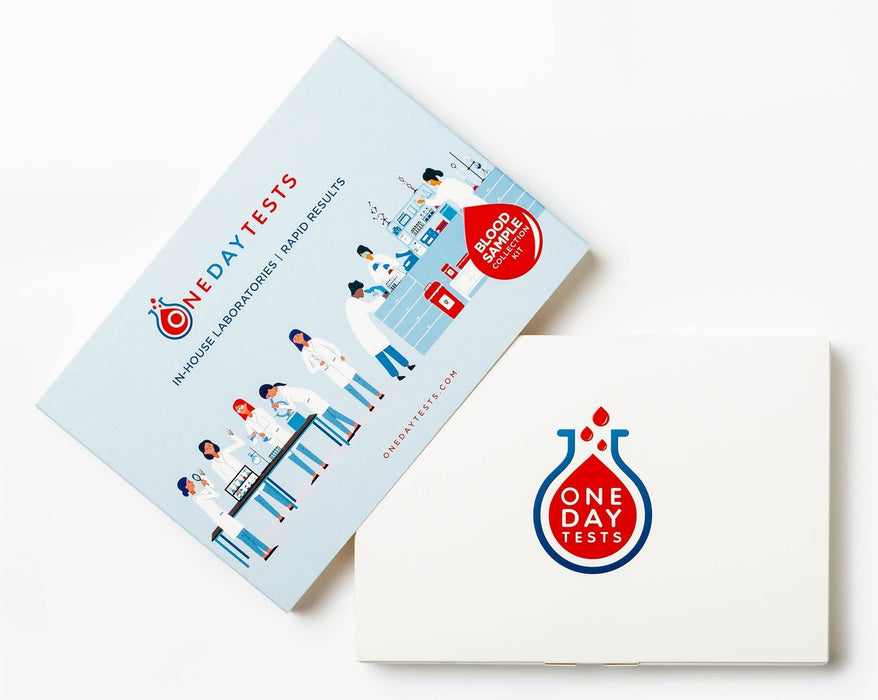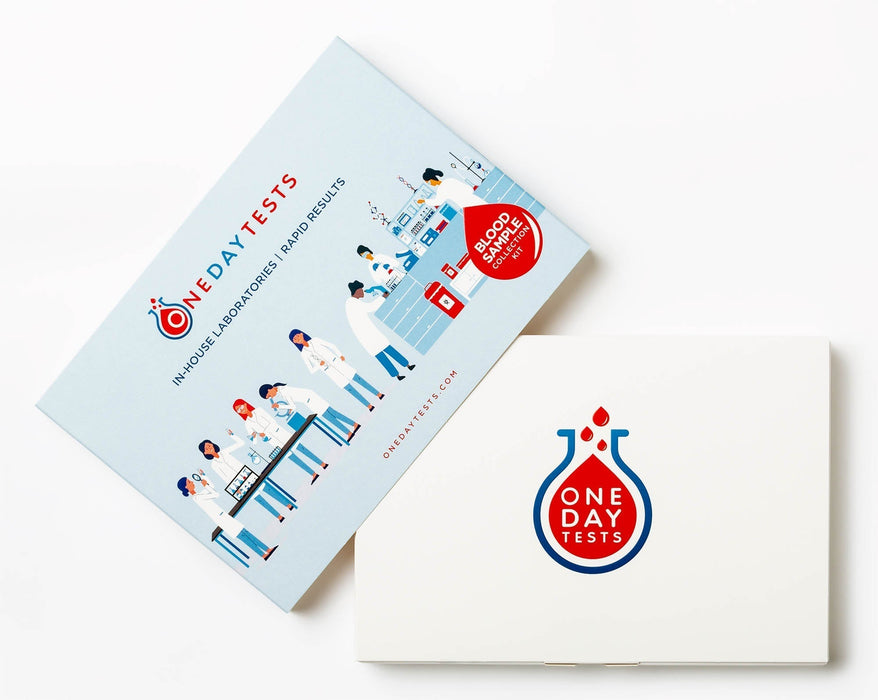

January can be grim. The days are still short, the weather is wet and cold, and most of us have spent too much money over the Christmas period and are now counting the days until January pay day. This year ‘Blue Monday’ falls on 15th January and is said to be the saddest day of the year.
Unfortunately, for many people, the January blues compound pre-existing problems with depression and anxiety and this time of year is a time when overcoming these problems seems particularly daunting.

It's this time of year, compounded by days like Blue Monday is when many people will decide to undertake new exercise regimes. Most people recognize the important benefits that exercise delivers for their physical health, fewer people realize what a major impact exercise can have on improving their mental health. In this respect, your New Year’s resolution to start exercising may improve your health in more ways than you expect.
We are biologically evolved to respond well to exercise. Being active is our natural state. Take the Hadza people of Tanzania as an example. They still live as hunter-gatherers and are typically 14 times more active than people in developed societies like the UK where people spend an average of 9.5 hours sitting down every day. As a way for nature to reward our ancestors for the exertions of hunting and gathering, we evolved so that our blood stream is flooded with feel good chemicals such as endorphins after exercise. It should therefore not come as a surprise that exercise is good for our mental health, but you might find it surprising just how good for your mental wellbeing a small amount of exercise is.
There is now overwhelming evidence that exercise is a very effective (and cheap) treatment for anxiety and depression. It compares favourably to antidepressants as a treatment and comes with a host of physical benefits, rather than potential side effects. What’s more, you get the greatest benefits in mood at the lower end of the activity scale. What this means is that, if you go from being completely inactive to being a little bit active, you get enormous benefits and then the increase in benefits get less as activity levels increase. So even if you feel you can only incorporate a little activity into your life, this is still worth doing.
Public health advice is to get a minimum two and half hours of exercise per week, with the usual advice being to get this in the form of brisk walking. This level of exercise is enough to reduce the number of people suffering with depression by 25%. But doing even less than this can actually also be hugely beneficial. An enormous meta-analysis of evidence conducted by researchers at the University of Cambridge showed:
What’s more, exercise has been shown to benefit people’s mental health at times that we normally associate with reduced activity. For example, exercise is good for depression throughout pregnancy and the post-natal period and is also good for depression amongst the elderly. Getting older should be a reason to start increasing activity levels, not reducing them.
So January is grim, particularly Blue Monday, but a small amount of exercise can go a long way to making it feel a lot less grim.
Alongside increased levels of exercise it is also worth taking a detailed look at your general state of health, your hormone profile, your nutritional status and your cardiovascular risk.
Our Ultimate Healthy Woman and Ultimate Heathy Man Blood Tests gives an enormous amount of helpful information that will give you a really good picture of your general state of health.
Find out more:
Ultimate Healthy Woman Blood Test
Ultimate Healthy Man Blood Test


Leave a comment